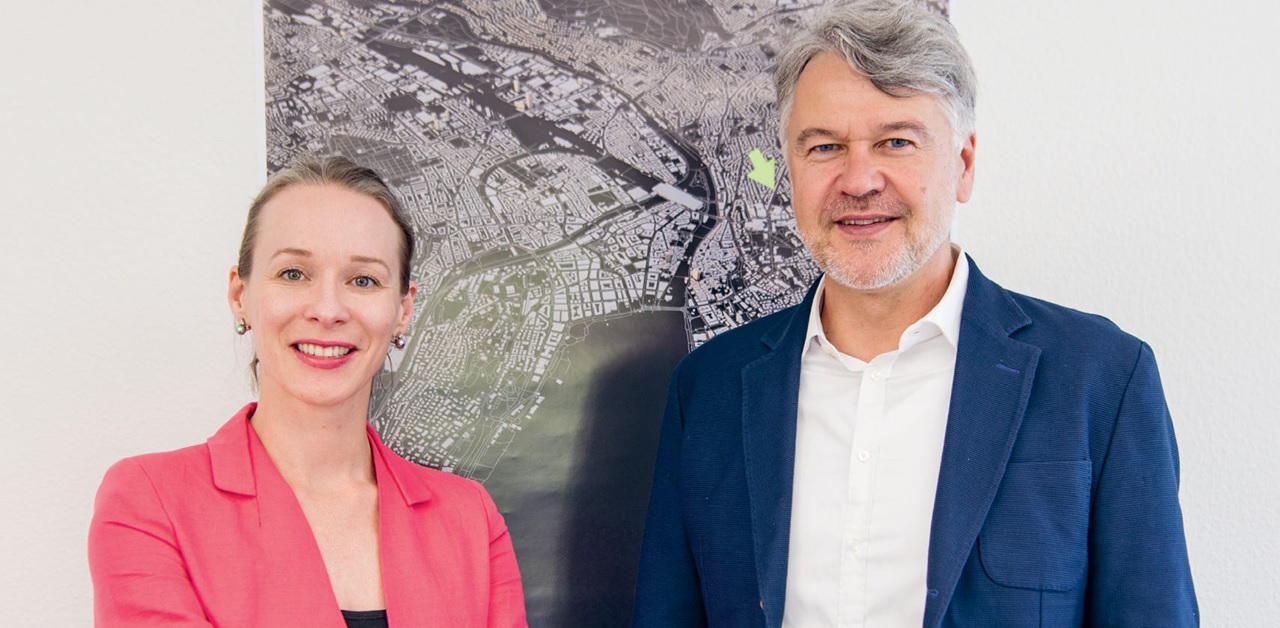Making Policies Matter
(Retrieved from Polykum) The Institute of Science, Technology and Policy was founded at ETH two years ago, and has now entered the second year of a four-year pilot phase. An interview of the Director of the ISTP, Professor Thomas Bernauer, about the future potential of this new research and teaching platform.
Interview by Julia Ramseier

ISTP focuses on policymaking. Many people nowadays are tired of politics and bureaucracy and might associate complicated processes with this term. Could your approach to policy-making convince these pessimists?
Prof. Bernauer
Lots of problems confronting societies around the world can only be mitigated or solved if we come up with smart and evidence-based policies – that is our objective at ISTP.
«Smart policies» are policies that are acceptable to society – policies that are cost-efficient and effective.«Evidence-based policies» are policies that are designed in ways that allow for continuous monitoring of their efficiency and effectiveness, and for adjustment if needed.
ISTP is the only interdisciplinary and policy-oriented research and teaching institution at ETH Zurich that is more than a virtual network of researchers – it has a physical home in which both research and teaching activities take place.
Thematically, ISTP adds to existing interdisciplinary research and dialogue networks at ETH, such as the Energy Science, Risk, and World Food Systems competence centres, and the Collegium Helveticum.
Can you illustrate your work with some examples of ISTP's current projects?
Prof. Bernauer
One current project focuses on environmental and socio-economic impacts of mining. We ask where metals that are processed in the Swiss industries, such as gold, copper or lithium, come from and what they are being used for. Our research will lead into policy implementation that would minimize the environmental and social burden associated with these metals, both in Switzerland and in other countries where these metals are being mined. Another research project supports approaches to more sustainable and environment-friendly forms of mobility, for instance the further development of electric cars.
The way these research fields are addressed at the Institute is often by means of co-teaching and collaboration among professors from different disciplines. We have professors in law and computer sciences teaching a joint course on internet governance, and professors of energy policy and nanoelectronics teaching a joint course on policy and technology of energy storage.
You are currently launching the «ETH Policy Challenge» – who do you want to involve in that initiative?
Dr. Gawlikowska
We would like to attract students and staff from all different departments of ETH who would form interdisciplinary teams to approach the «Policy Challenge». We encourage participants to form teams with different key skills – so one team member could for example have a special understaνding of social dynamics, while another might have a background in chemistry. The challenge so should also be a catalyst for interdisciplinary exchange at ETH and we hope to even build a community around it.
Who is involved in the ISTP?
Dr. Gawlikowska
ISTP is led by professors from a wide variety of disciplines, ranging from architecture, engineering and the natural sciences to computer sciences, economics and political science. They are committed to spending some of their time at the Institute, where we have three interdisciplinary research teams with around twenty doctoral students and postdocs. ISTP organizes discussions and presentations with internal ETH and external speakers. It also has an MSc and MAS programme.
The article was retrieved from Polykum